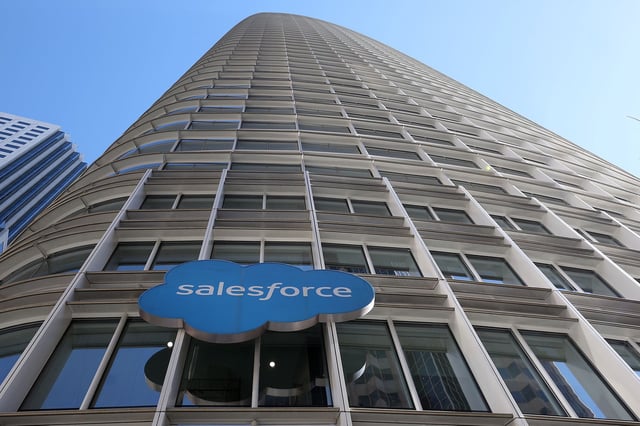Overview
- MIT’s Project NANDA reports roughly 95% of corporate generative‑AI pilots fail to deliver rapid revenue gains, citing poor enterprise integration and misaligned incentives rather than model quality.
- Stanford researchers analyzing ADP payrolls find employment for 22‑ to 25‑year‑olds fell by about 16% in AI‑exposed roles such as customer service and software development, while more experienced workers saw stable or slightly rising employment.
- Analysts note software valuations are under pressure as investors question seat‑based SaaS economics in an agentic‑AI era, with Salesforce down 26% year‑to‑date, Adobe down 19% and Atlassian down 30%, though some argue fears are overblown.
- MIT and commentators highlight a measurement gap from widespread ‘shadow AI’ use that can lift productivity outside formal pilots, complicating assessments of AI’s true business impact.
- Experts emphasize that scaling value will require governance, workflow redesign, cross‑functional KPIs, data integration and reskilling, not just short‑term automation wins in sales and marketing.


